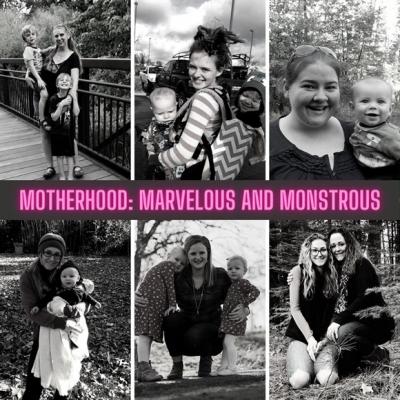Motherhood: Marvelous & Monstrous
In honor of Mother’s Day and Maternal Health Month, a few local moms who participated in a series called Motherhood: Marvelous & Monstrous are being featured in a traveling photo gallery throughout Shasta County. The galleries feature portraits and short stories celebrating motherhood … as well as the many joys and challenges this role brings.
For many new moms, what may seem like one of the happiest times of their lives can end up being the most challenging. Some people call it the baby blues, while others call it postpartum depression, but there is a range of perinatal mood and anxiety disorders that can affect mothers. In fact, there are at least one in eight women who end up suffering from postpartum depression, which is the most common mental health complication after childbirth.
In partnership with the Women, Infant, and Children (WIC) program and the Mental Health Services Act (MHSA), Shasta County Health and Human Services Agency developed stories, galleries and videos of these six brave women who have suffered from Perinatal Mood and Anxiety Disorders and found support through community services.
As part of the Motherhood: Marvelous & Monstrous series, these Shasta County moms share their stories, bringing hope and inspiration to other women, and encourage them to speak out and seek help when they need it. Their honest stories don’t sugarcoat motherhood. Instead, they share their hardships-during and after pregnancy-and hose they found help and moral support.
A woman’s body and mind can go through many changes during and after pregnancy. Perinatal Mood and Anxiety Disorders include a wide range of physical and emotional reactions to pregnancy and childbirth, including rage, anxiety, depression and post-traumatic stress disorder. Some women may improve with extra sleep, changes in diet, or talking to friends, but others require therapy with a licensed professional.
If you know a mom who seems to be feeling empty, emotionless, or sad for longer than 2 weeks during or after pregnancy, they may be dealing with postpartum depression. For more information visit our WIC page.
Published August 11, 2021

